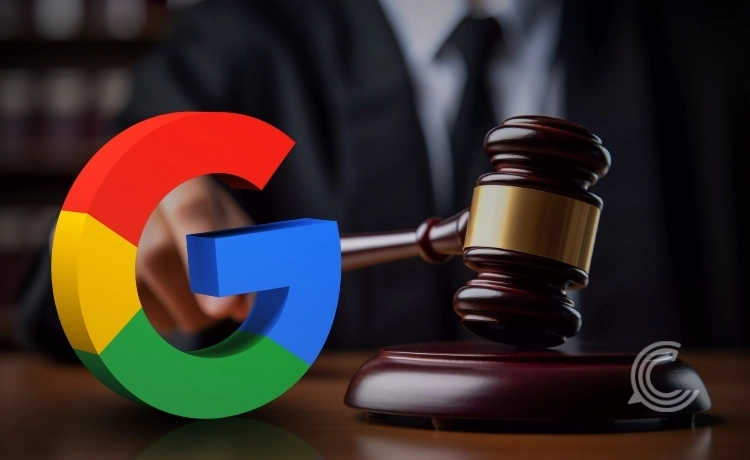German Court Hits Google With €465m Damages Ruling

Key Highlights–
- Berlin court orders Google to pay €465 million to Idealo and €107 million to Producto in a major market-abuse ruling.
- Idealo says it will continue its long-running fight against Google despite the partial win, calling the judgment a “clear signal” for competition in Europe.
- Google plans to appeal, arguing that changes made in 2017 already ensured equal treatment for rival comparison shopping services.
Google has been ordered to pay €465 million in damages to German price comparison platform Idealo after a Berlin court concluded that the tech giant abused its dominant market position.
The ruling, delivered across two separate decisions, found that Google’s conduct harmed competition in the online price comparison space over a multi-year period.
Berlin Court Issues Landmark Antitrust Judgment
In a parallel judgment, the operator of Producto, another German comparison platform, secured €107 million in damages. Both decisions can still be appealed, but together they represent one of the largest legal setbacks Google has faced in Europe outside of European Commission cases.
A spokesperson for the Berlin court confirmed the rulings and clarified that the findings relate to Google’s preferential treatment of its own comparison services, an allegation central to European regulators’ broader antitrust concerns.
Idealo Calls Ruling a Step Forward, But Not Enough
Idealo, owned by German media conglomerate Axel Springer, welcomed the decision but stressed that the battle is far from over. Co-founder Albrecht von Sonntag said the company would continue pressing legal action against Google because “market abuse must have consequences and must not become a lucrative business model that pays off despite fines and damages payments.”
The company had originally demanded €3.3 billion, including interest, arguing that Google’s conduct systematically disadvantaged rivals between 2008 and 2023, making it harder for independent platforms to gain visibility on search results.
While the compensation awarded is significantly lower than the claim, Idealo said the ruling validates its core argument: that Google leveraged its dominance in search to tilt the playing field.
Google Pushes Back, Says 2017 Fix Worked
Google strongly rejected the court’s findings and confirmed it will appeal. The company had already made substantial changes in 2017 after the European Commission’s earlier Shopping Services antitrust case, as cited by Reuters. Those reforms, Google said, were designed to ensure that rival comparison tools received the same ad placement opportunities as Google Shopping.
According to the spokesperson, the changes were successful. The number of comparison sites participating in the Shopping Unit ad model increased from 7 to more than 1,550.
Furthermore, Google argues that this proves the market is now more competitive, not less, and that the Berlin court’s reasoning doesn’t reflect the post-2017 landscape.
A Case That Highlights Europe’s Tough Stance on Big Tech
The ruling reinforces Europe’s aggressive posture toward Big Tech, particularly in industries where a handful of platforms act as gatekeepers to visibility and traffic. Over the past decade, Google has faced multiple EU investigations into whether its search algorithms unfairly favour its own services.
According to analysts, the Idealo decision adds momentum to ongoing digital competition cases in the region. While the European Commission previously fined Google for similar issues, private companies like Idealo have increasingly turned to national courts to seek damages for losses they attribute to market manipulation.
Appeal Looms as Industry Watches Closely
With Google set to challenge the ruling, the case seems far from concluded. However, German legal experts suspect that the Berlin court’s decision could give confidence to other comparison platforms to pursue similar claims, especially as EU digital market rules tighten under the Digital Markets Act.
Although Idealo and Producto have scored a symbolic victory for now, one that could reshape the conversation around how tech giants compete in Europe’s search-driven markets.



